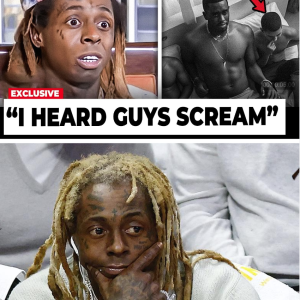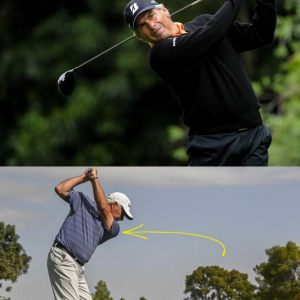The recent revelation by Diddy, alleging the existence of a hidden room where Jay-Z keeps human body parts for wealth accumulation, has ignited a firestorm of controversy and speculation.
The implications of such a shocking claim are profound, touching on themes of wealth, power, and morality within the entertainment industry.
At the heart of this scandal is the suggestion that Jay-Z and his family possess passport-sized photographs, presumably for identification purposes, which may serve as evidence supporting Diddy’s claims.
The idea that such images could be linked to a clandestine operation involving the trafficking or exploitation of human beings is deeply unsettling and has prompted widespread concern and condemnation.
Video:
If true, these allegations would represent a disturbing departure from the public image cultivated by Jay-Z and his family, who are widely regarded as icons of success, influence, and philanthropy.
The idea that they could be involved in such nefarious activities flies in the face of their carefully curated personas and raises questions about the true nature of their wealth and status.
Furthermore, the suggestion that Jay-Z may be using human body parts as a means of amassing wealth underscores the darker side of celebrity culture, where the pursuit of fortune and fame can lead to moral compromises and ethical lapses.
It serves as a sobering reminder of the lengths to which some individuals may go in their quest for power and prosperity, regardless of the human cost.
In the wake of these explosive allegations, both Jay-Z and Diddy are likely to face intense scrutiny from the public and law enforcement agencies.
The veracity of Diddy’s claims will need to be thoroughly investigated, and if substantiated, appropriate legal action must be taken to hold those responsible to account.
Beyond the immediate fallout from this scandal, there are broader questions to consider about the culture of silence and complicity that may enable such abuses to occur unchecked.
It is incumbent upon all individuals, especially those with platforms and influence, to speak out against injustice and to hold themselves and others accountable for their actions.
As this story continues to unfold, it serves as a stark reminder of the importance of remaining vigilant and speaking truth to power in the face of corruption and exploitation. Only by shining a light on such dark deeds can we hope to bring about meaningful change and create a more just and equitable society for all.





